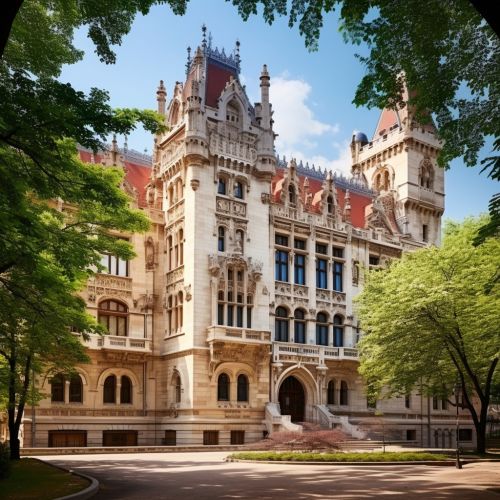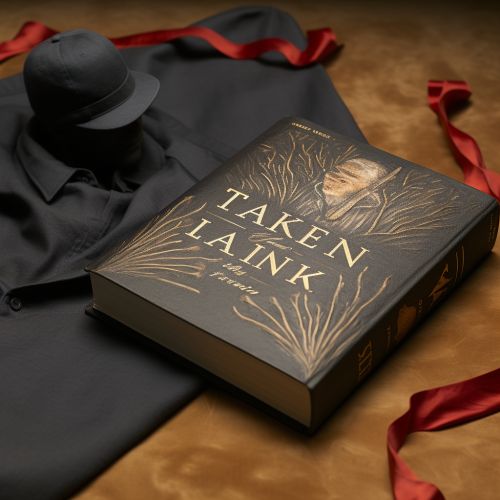Alexis Carrel
Early Life and Education
Alexis Carrel was born on June 28, 1873, in Sainte-Foy-lès-Lyon, France. He was the eldest of his siblings and was raised in a devout Catholic family. His father, Alexis Carrel-Billiard, was a textile manufacturer, and his mother, Anne Ricard Carrel, was a homemaker. His father died when he was five years old, leaving his mother to raise him and his siblings.
Carrel received his early education at home and later attended the Jesuit school of Lycée Ampère in Lyon. He showed an early interest in biology and medicine, which was encouraged by his family. He went on to study medicine at the University of Lyon, where he received his medical degree in 1900.


Career and Research
Carrel began his career as an intern at the Hôtel-Dieu Hospital in Lyon. He then moved to Paris, where he worked in the laboratory of French surgeon Mathieu Jaboulay. During this time, he developed an interest in vascular suturing techniques, which led him to invent the 'triangulation' method of vascular anastomosis. This technique greatly improved the success rate of blood vessel and organ transplantation.
In 1904, Carrel moved to the United States and joined the Rockefeller Institute for Medical Research in New York. Here, he continued his research on vascular suturing and organ transplantation. He also began studying cell cultures, which led him to develop the technique of maintaining a sterile culture of animal cells outside the body. This work laid the foundation for the development of modern tissue culture techniques.
Carrel's research earned him the Nobel Prize in Physiology or Medicine in 1912. He was recognized for his work on vascular suturing and the transplantation of blood vessels and organs.
Later Life and Controversies
In the later part of his career, Carrel became interested in broader issues of health and society. He published a book titled 'Man, The Unknown' in 1935, in which he discussed his views on society, science, and the human condition. However, some of his ideas, particularly those related to eugenics and social engineering, were controversial and led to criticism.
During World War II, Carrel returned to France and became involved with the Vichy government. He helped establish the French Foundation for the Study of Human Problems, which was later accused of promoting eugenic policies. After the war, Carrel was accused of collaboration, but he died before any formal charges were brought against him.
Carrel died on November 5, 1944, in Paris, France. His contributions to medicine and biology continue to be recognized, but his later life and controversial views have also led to debate and reassessment of his legacy.


Legacy
Despite the controversies surrounding his later life, Carrel's contributions to medicine and biology are significant. His techniques for vascular suturing and organ transplantation have saved countless lives and continue to be used in modern medicine. His work on cell cultures has also had a profound impact on biological research, paving the way for advances in tissue culture and regenerative medicine.
Carrel's life and work highlight the complex relationship between science and society, and the ethical challenges that can arise in the pursuit of scientific knowledge. His story serves as a reminder of the importance of ethical considerations in scientific research and the potential consequences of ignoring these issues.
